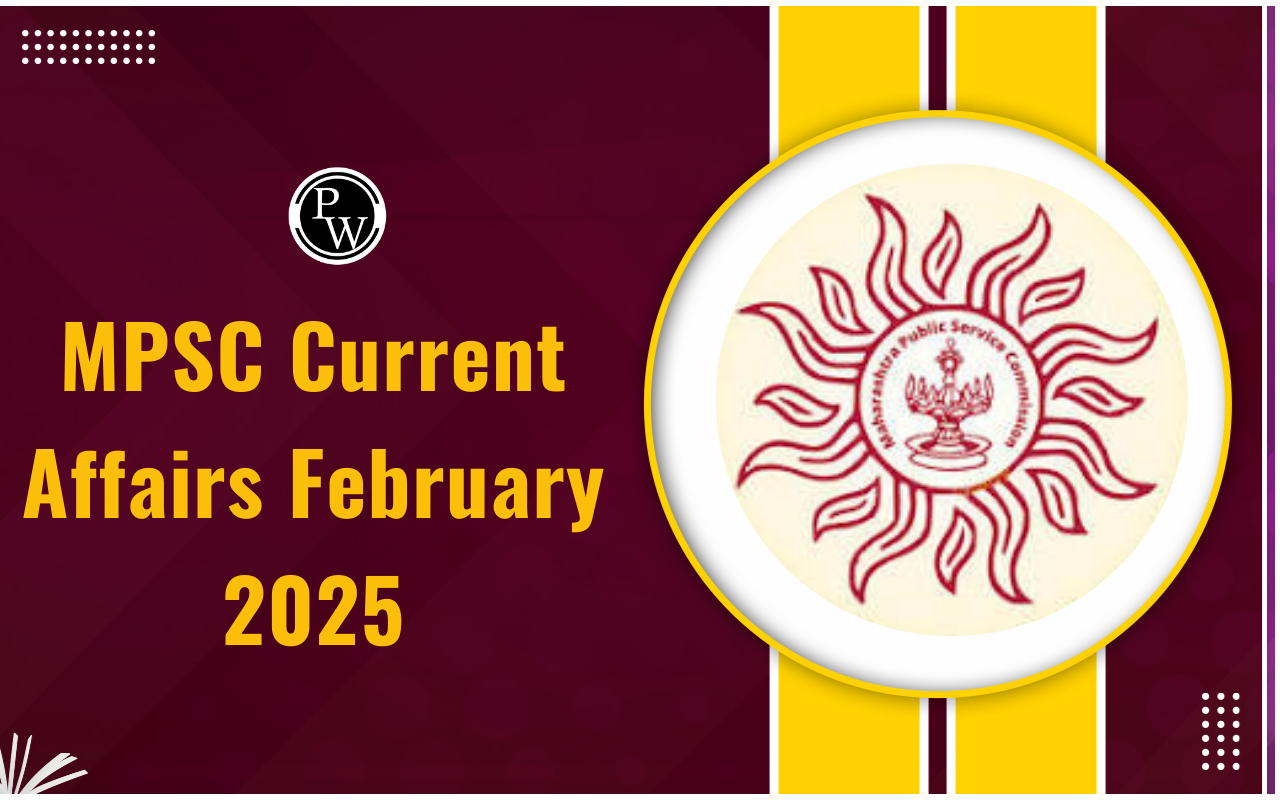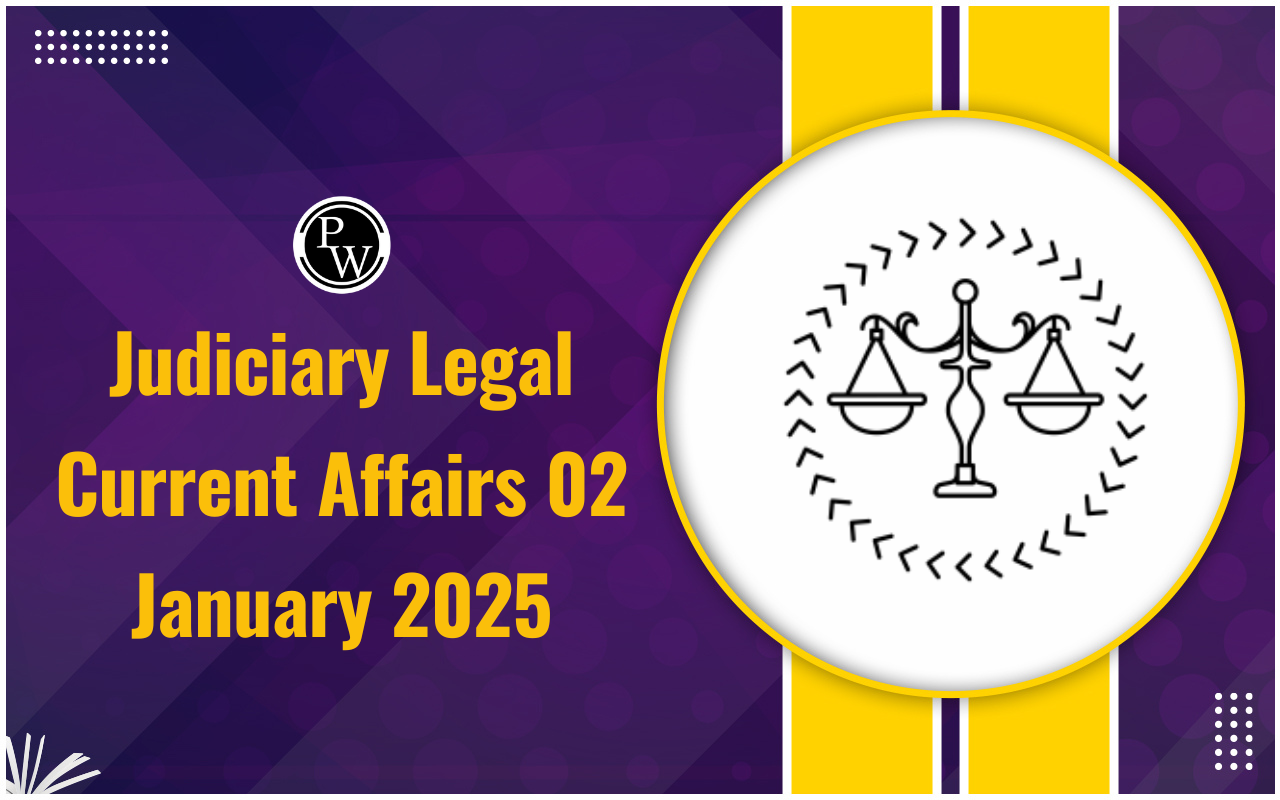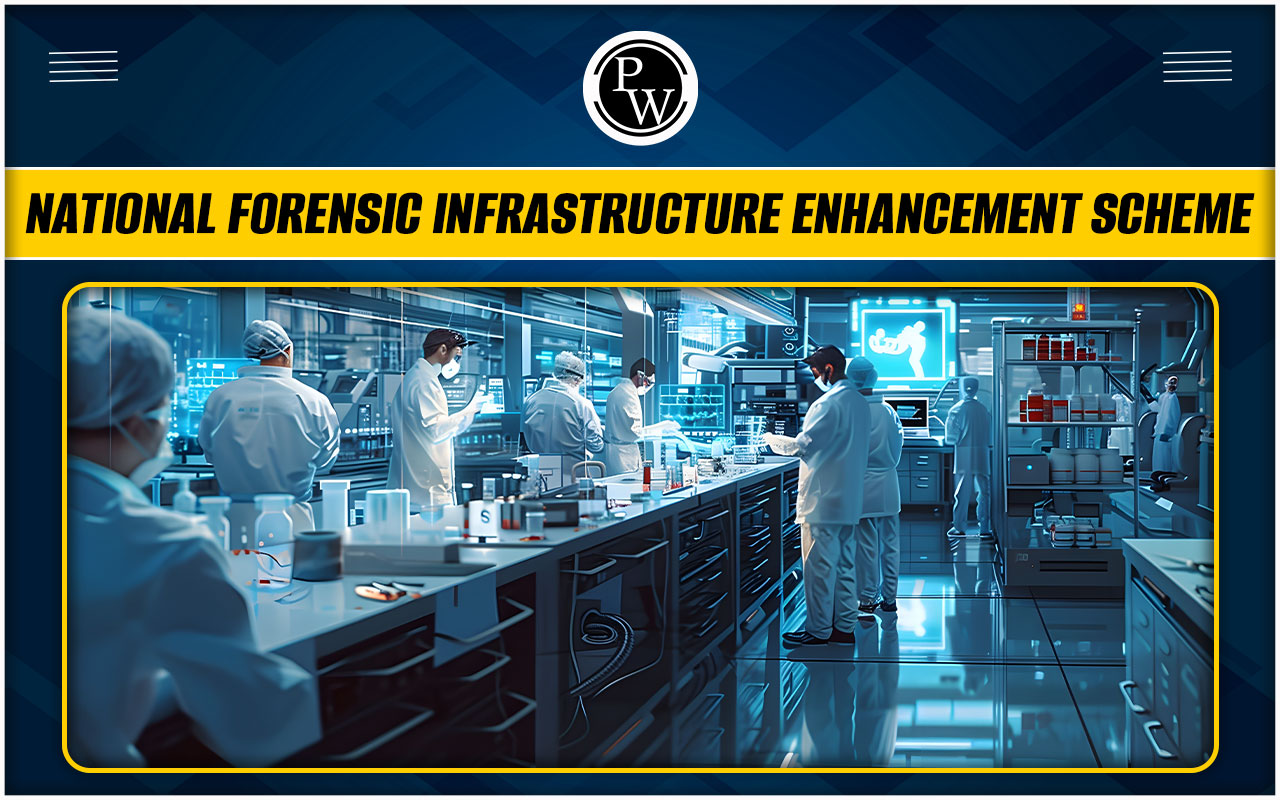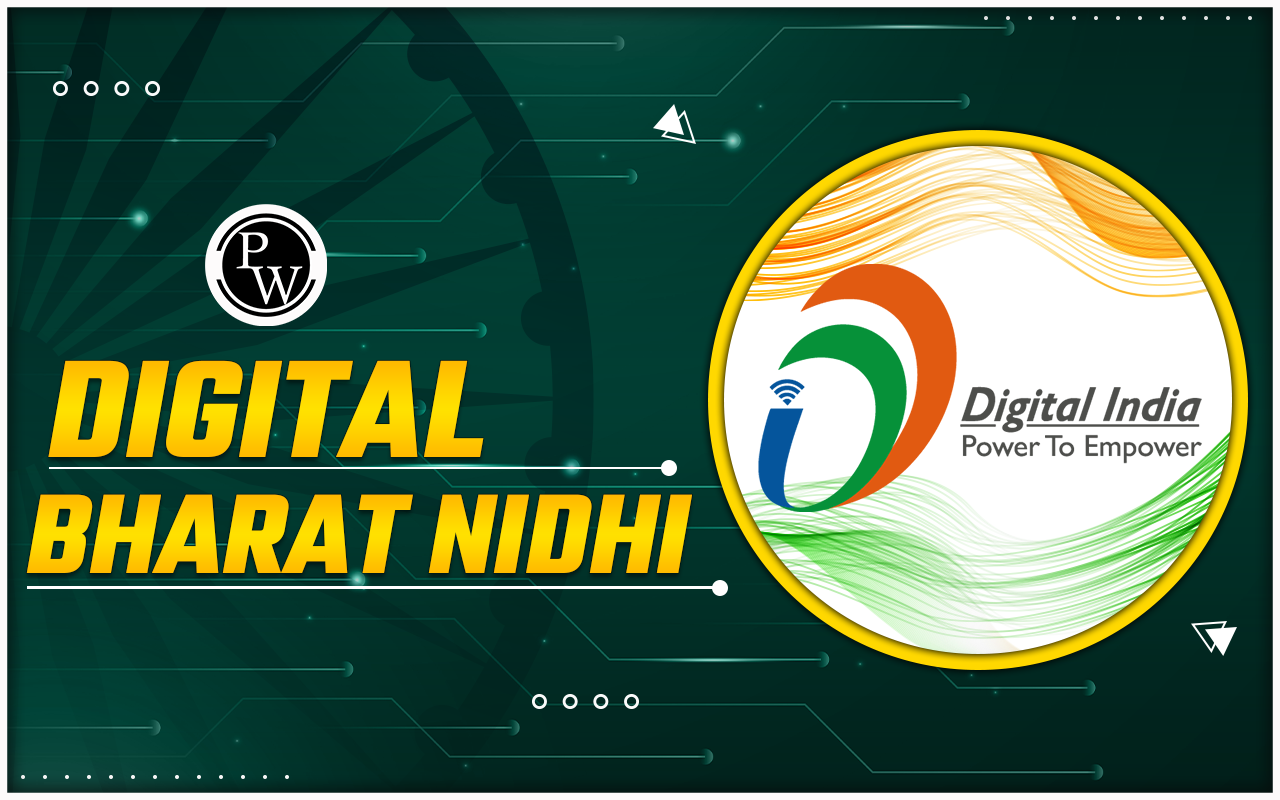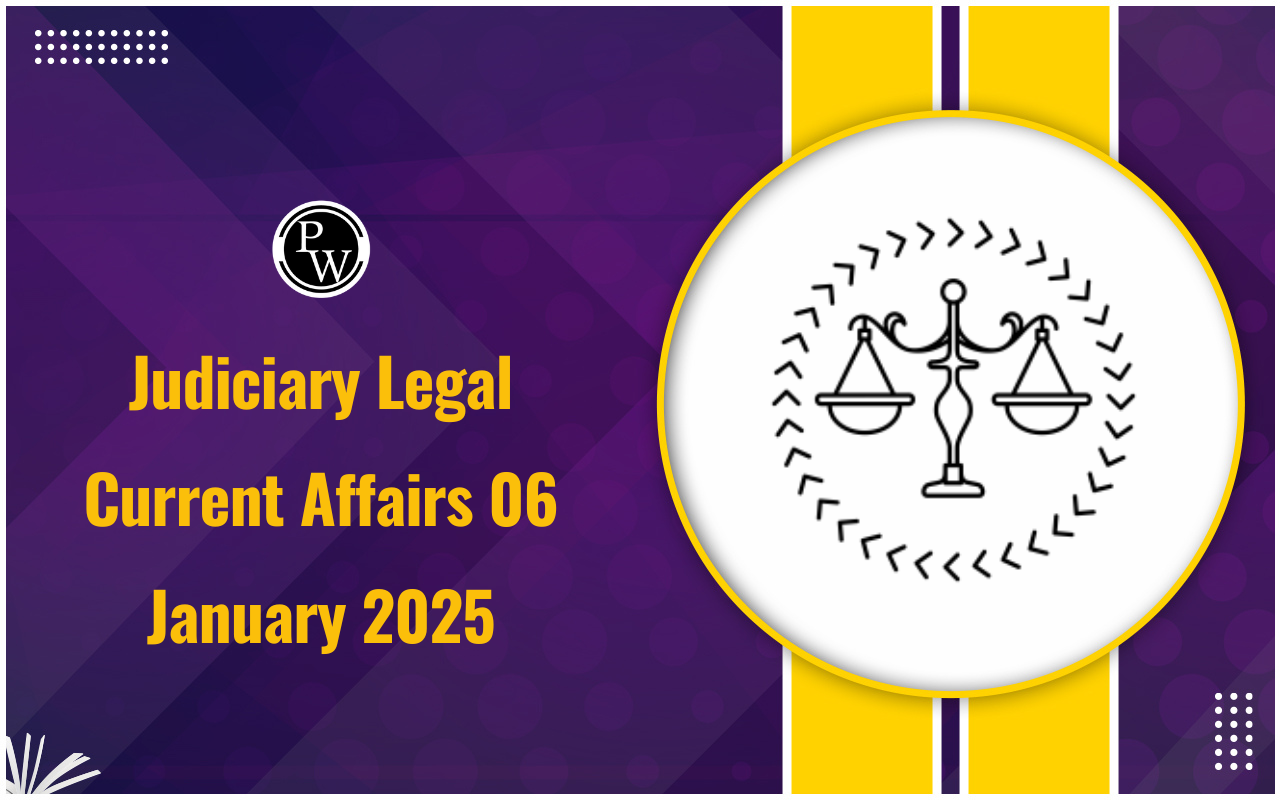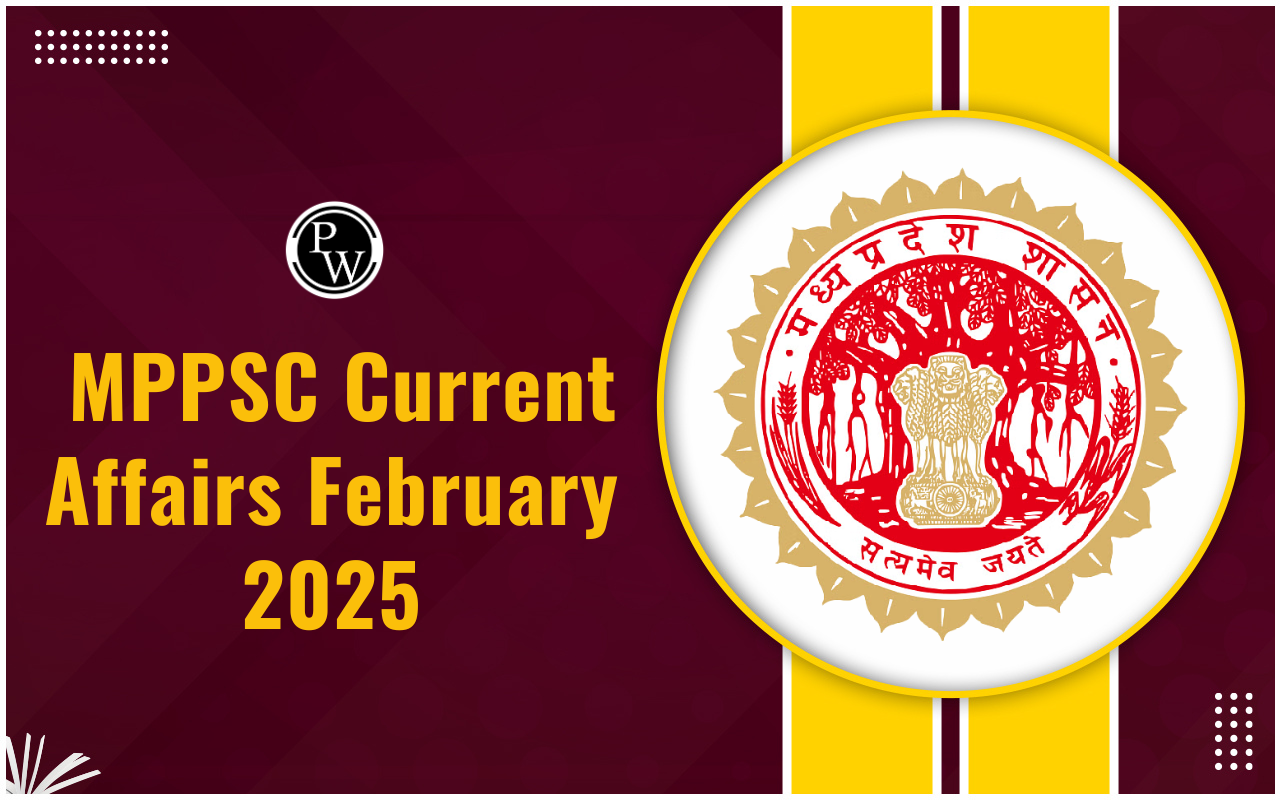
KYC Norms and AML Standards: The Know Your Customer (KYC) process is implemented to verify the identity of new customers and prevent illegal activities such as money laundering or fraud. KYC is implemented as part of anti-money laundering (AML) requirements. Doing KYC and complying with money laundering regulations protects both the company and its customers.
KYC Norms and AML Standards
KYC is a key part of AML – Both AML and KYC are integral parts of bank due diligence. KYC refers to the checks that banks (and other organizations) must carry out to ensure that a customer is who they say they are, and includes verifying the customer's identity and documents and determining the customer's risk level. AML, or Anti-Money Laundering, refers to the regulatory processes that control money laundering, fraud and financial crimes. KYC and AML are essential in the banking industry - because financial transactions can be criminal or fraudulent. Together, KYC and AML audits play audits play an important role in protecting businesses and financial institutions from illegal activity while maintaining the integrity of their operations and the security of their clients' assets.KYC Norms and AML Standards Importance and Significance
- AML and KYC regulations were introduced to control money laundering, fraud and other financial crimes.
- The United Nations reports that money laundering accounts for 2-5 percent of the world's gross domestic product (approximately US$800-2 trillion). As such, anti-money laundering regulations are critical to protecting the financial services industry against fraud and money laundering.
- Strong AML and KYC procedures are the best way for banks, fintech companies and other financial institutions to protect their platforms from abuse.
- Confirming the identity of a new customer, determining the level of potential risk and monitoring them throughout the relationship is not onlyimportant for protection, but also a legal requirement.
- However, there is another important aspect to banking AML and KYC: While safety and security are important, these processes are also an important part of the customer experience. Customers want to feel secure, but they also want a simple, frictionless experience. Implementing intuitive AML and KYC procedures can provide this by improving conversion rates and creating the right first impression.
Process of KYC Norms and AML Standards
Money laundering, Countering the Financing of Terrorism (CFT) and KYC processes are well defined in the anti-money laundering regulations of most countries. Note that KYC is a subset of AML and CFT and refers to a risk-based approach to customer identification and authentication as part of money laundering requirements. AML, CFT and KYC procedures should include:Identity verification: The new customer must be verified based on official identification documents. This includes checking that the documents are valid and the image/likeness matches the customer. Identity verification is often automated by modern artificial intelligence technologies.
AML Screening and Monitoring: Customers must be screened to determine the level of risk. This may include screening and sanctions of PEP (Politically Exposed Persons) and review of watch lists.
Continuous Monitoring: AML and KYC checks are ongoing throughout the customer relationship. Individuals should be monitored for changes and suspicious events identified.
The broader concepts of AML and CFT also include:- Reporting of suspicious activities and events. There must be a process for reporting and handling suspicious transactions - both internally and with the appropriate authorities. This includes using false positives.
- Training and policies to keep employees up to date with policies, processes and tools in use.
- Maintain appropriate internal accounting and audit trails. The AML and KYC audit chain must be properly maintained both for internal use and for regulatory authorities.
KYC and AML Service Provider
There are several things to consider when choosing the best AML/KYC provider.Data sources and databases accessed by third party service providers: AML processes require external audits and controls, so it is important to ensure proper access to data. This may include personal information for PEP screening and watch lists, as well as local business information for corporate clients and beneficial ownership identification.
Language Support: When a business takes customers from different regions, providing the right support - via on-screen instructions or in person - in the right language is crucial.
Automatic and Manual Verification: Many service providers now offer automated deployment and validation solutions. However, since not all jurisdictions allow the use of automated verification processes, it is important to choose a solution that offers both manual or hybrid video-based authentication as well as automated solutions.
Option to Expand Services: Banks or fintech companies may want to expand their operations in several areas beyond the traditional customer focus. This may include new services (such as electronic signatures for transactions or PEP screening) or new authentication techniques. Some solutions offer modular additions in this way, making expansion easier.
Audit Support and Information Security: Implementation and authentication come with a number of security, regulatory and compliance issues. You need to make sure that the service provider you choose offers what is needed in your fields of operation.
KYC Norms And AML Standards FAQs
Q1. What is KYC Norms and AML Standards?
Q2. KYC and AML stands for?
Q3. What are the importance of KYC and AML Standards?
Q4. What to consider when choosing the best AML/KYC provider?

